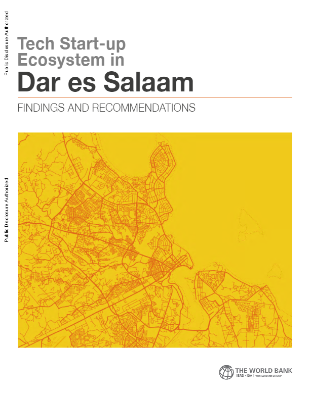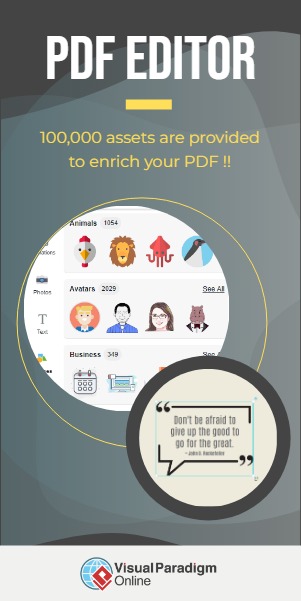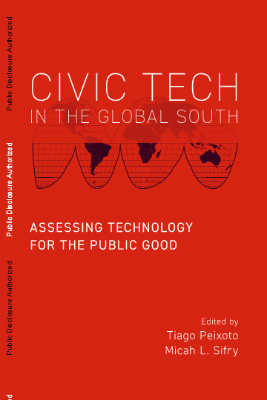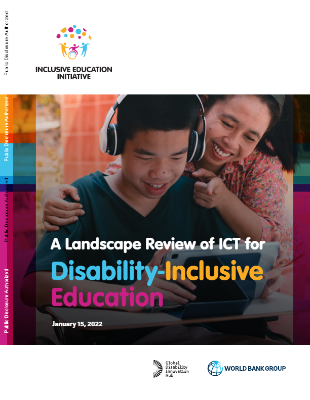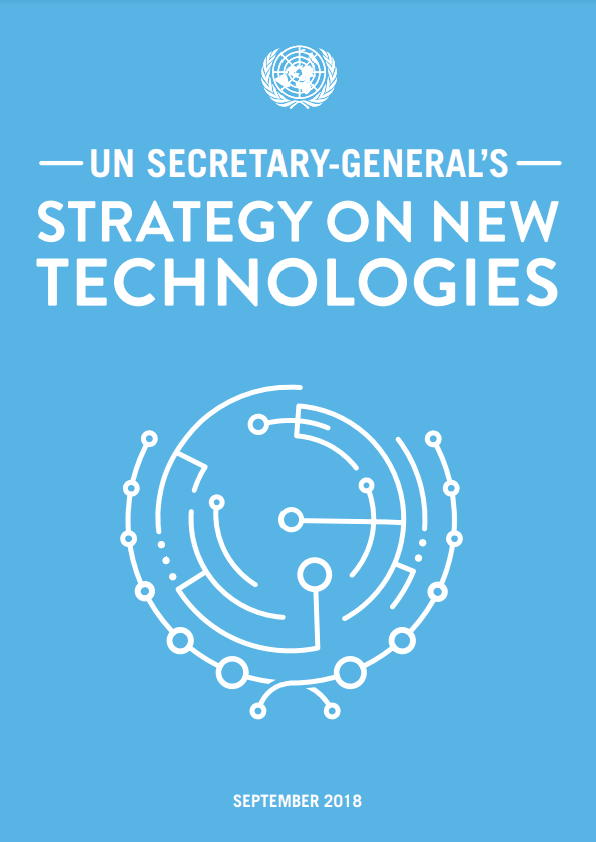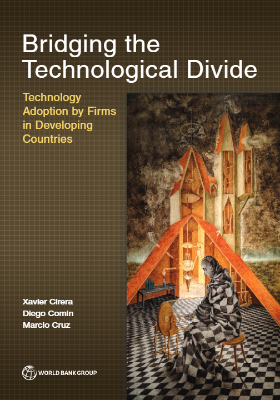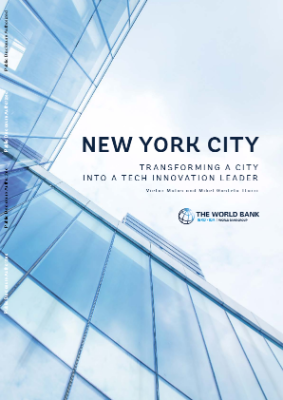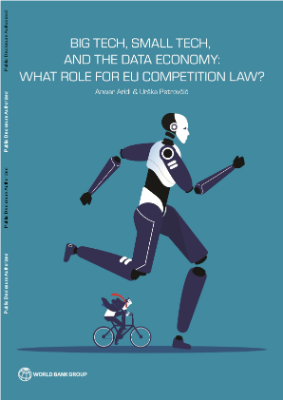Technology is one of the main drivers of productivity and economic growth (Isaksson, Ng, and Robyn 2005). Developing countries have traditionally had difficulties in both developing technology and absorbing foreign technology. Seventy to eighty percent of the productivity gap between developed and developing countries is estimated to result from the lag in the adoption of technologies in these countries (Comin and Marti 2013; and Comin and Hobijn 2010).
Tech start-ups are an effective a mechanism to both create local technology and absorb foreign technology. In recent years, there has been a surge in tech start-ups across the world. Fueled by global technology-led cost reductions and increased access to resources, tech entrepreneurs have emerged in both develop and developing countries. However, there is little understanding of how these tech entrepreneurs form ecosystems, their internal dynamics, how they work, what makes them grow and achieve sustainability, how they connect with the local economy to drive productivity and employment, and why some ecosystems are more effective than others.
This report is part of a broader research initiative (See Box 1.1) aiming to provide answers to these questions. It provides new data and analysis of the tech start-up ecosystem in Dar es Salaam, Tanzania. The analysis comprises: (i) an attempt to provide an accurate description and measurement of the city’s tech start-up ecosystem; and (ii) a comparison and gap analysis of four key components of the tech startup ecosystem (skills, finance, entrepreneurial supporting infrastructure, and community).
The objective of this report is to provide a better understanding of the status of Dar Es Salaam’s start-up ecosystem and provide policy recommendations for policy makers and other stakeholders who are interested in supporting the growth and sustainability of the ecosystem.
Analysis Limitations
Measuring the tech start-up ecosystem is difficult. Relevant databases of start-ups are not readily available, and the fast-paced and multidimensional dynamics of start-up ecosystems, with new ventures constantly being created, failing, being closed, being bought or transformed (changing names and/or purpose), makes accurate measurement over time inherently difficult.
For this analysis, 221 entrepreneurs were surveyed in Tanzania from July to September 2016 and data was collected for 159 relevant start -ups and 239 startup founders. The survey was based on the standard questionnaire from the Global Entrepreneurship Research Network (GERN) Ecosystem Connection project (see Box 1.1). The findings and conclusions of this analysis are based on this survey and so there are some limitations to this analysis. The dataset is not exhaustive and only represents a subset of the ecosystem’s start-ups. Moreover, it is subject to survivorship bias and does not include start-ups that were no longer in business when data was collected. Historical data about start-ups was collected through existing founders who were available at the time of the survey.
Despite these limitations, the subset of startups surveyed provides unique insights into the ecosystem. Data was collected by snowballing from public data contained in existing databases, networks from key stakeholders (for example, accelerators, events, and so on), as well as recommendations from founders. Although there are start-ups that were not captured in this survey, nevertheless it provides one of the richest samples of data collected to date on the most influential founders.
